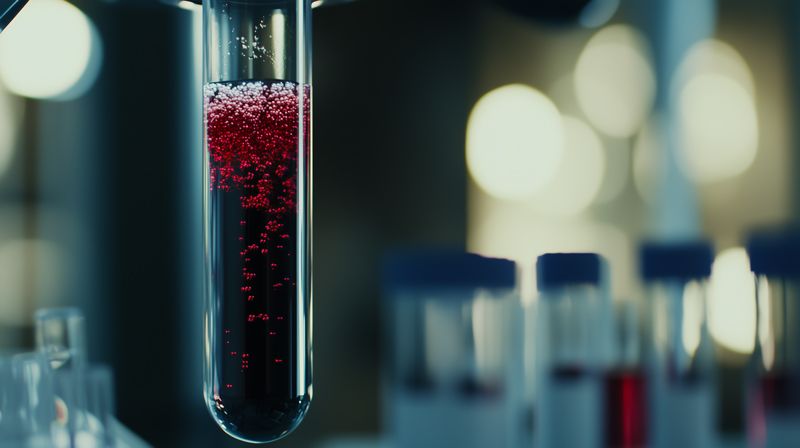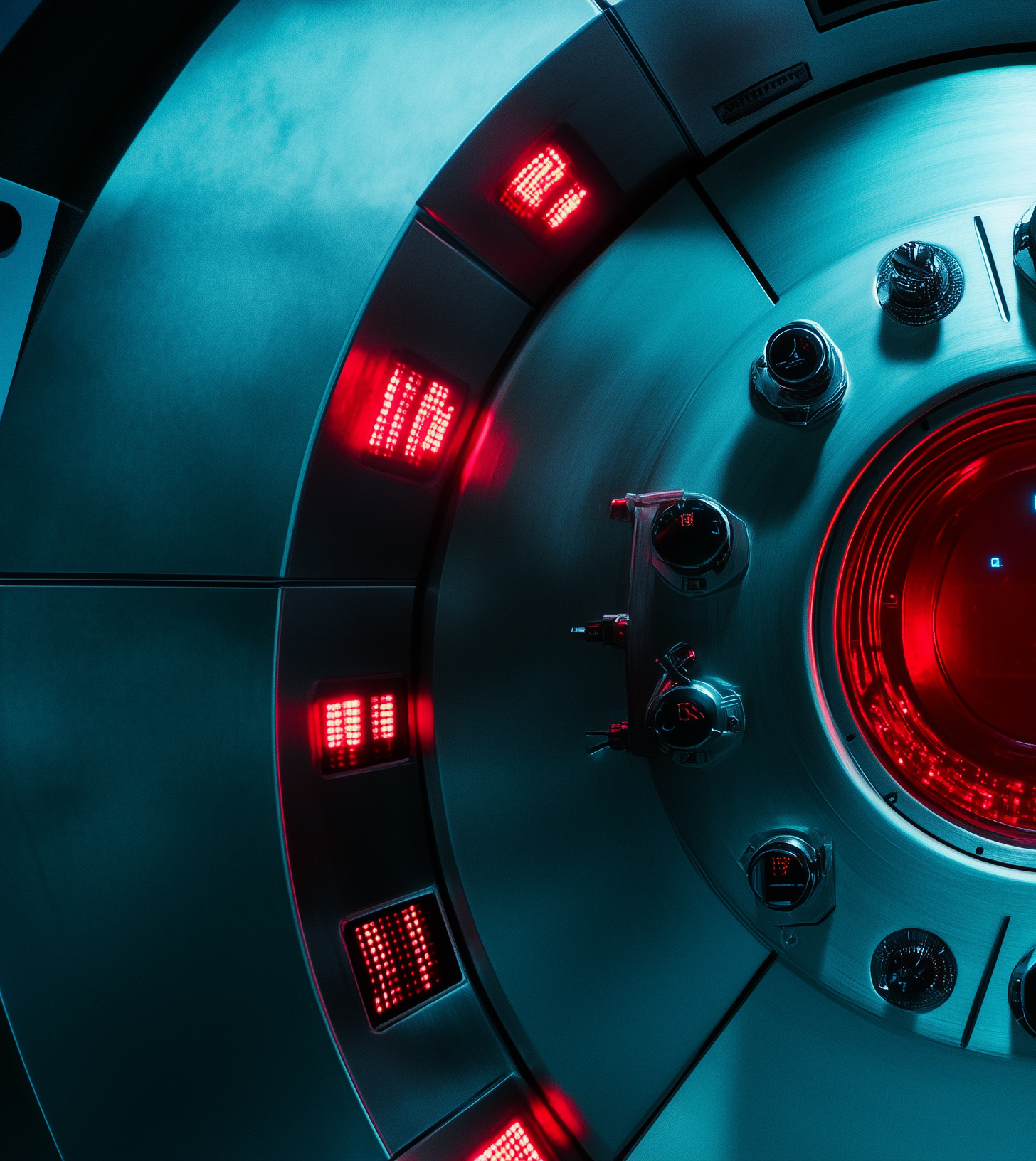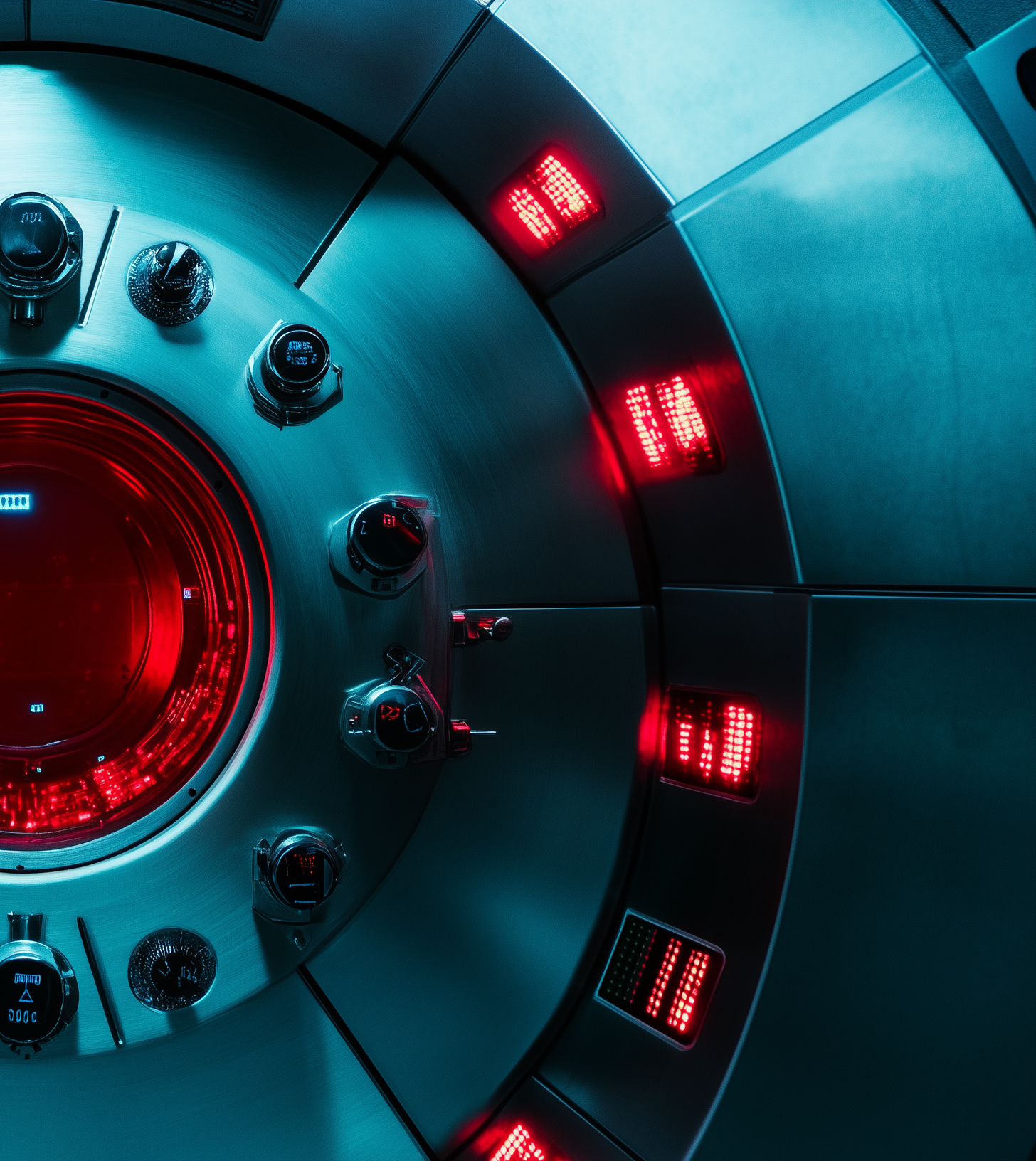What Is Autophagy
Umbrella Lab Corporation > Cellular Regeneration > What Is Autophagy

Autophagy is the body’s built-in cellular recycling program, a biological process that clears out damaged cell components, misfolded proteins, and dysfunctional mitochondria to optimize energy production and longevity. This self-preservation mechanism, deeply embedded in human survival, is triggered by stressors like fasting, intense exercise, and temperature extremes. In cutting-edge research, autophagy is being explored as a key to enhanced cognition, metabolic resilience, and even resistance against biological degradation, a crucial factor in optimizing human performance.
This research document will cover:
- Autophagy is the body’s cellular recycling system, eliminating damaged cell components to optimize energy, metabolism, and longevity.
- Fasting is the most effective autophagy trigger, with significant cellular detoxification occurring between 16-48 hours of food deprivation.
- Exercise and temperature extremes activate autophagy, forcing cells to eliminate weak mitochondria and enhance metabolic efficiency.
- Nootropics and mitochondrial enhancers amplify autophagy, with compounds like spermidine, PQQ, and resveratrol supporting cellular regeneration.
- Umbrella Labs trials confirm autophagy enhances human performance, improving cognition, immune resilience, fat metabolism, and cellular longevity.
The Biological Triggers for Cellular Regeneration
Autophagy does not operate continuously; it is a highly regulated survival mechanism, activated by biological stress signals that indicate resource scarcity or cellular damage. Without these triggers, the body remains in a passive, accumulation phase, allowing cellular debris to build up unchecked. The key to controlling autophagy lies in strategic stress modulation, applying specific environmental and biochemical pressures that force the body into a self-cleansing state – and make no mistake, there are ways to force it!
Fasting for Autophagy
Fasting is the most potent natural activator of autophagy. When food intake ceases, insulin levels drop, and energy-sensing pathways such as mTOR (mechanistic target of rapamycin) and AMPK (AMP-activated protein kinase) shift into a metabolic adaptation mode. This signals cells to initiate autophagy, recycling old proteins and damaged mitochondria for survival.
Research suggests that autophagy begins ramping up between 16-24 hours of fasting, with deeper cellular cleansing occurring after 36-48 hours. During this state, cells prioritize efficiency over excess, breaking down weak components and replacing them with optimized structures.
For enhanced effects, fasting can be combined with caloric restriction, ketogenic diets, or time-restricted eating protocols, all of which suppress mTOR activation and encourage autophagic activity.
Exercising for Autophagy
Physical exertion functions as a biochemical signal for autophagy, forcing cells to adapt by eliminating damaged proteins and mitochondria that impair metabolic function. Both resistance training and high-intensity interval training (HIIT) have been shown to activate autophagy in muscle tissue, brain cells, and organs, particularly when combined with fasting.
Exercise-induced autophagy enhances mitochondrial function, improving ATP production and reducing oxidative stress, which is key for cognitive longevity and metabolic stability.
Temperature Exposure for Autophagy
Controlled exposure to high and low temperatures induces autophagy by forcing the body into adaptive survival states.
Cold therapy (cryotherapy, ice baths, and cold plunges) increases autophagy in brown adipose tissue and the nervous system, helping to eliminate dysfunctional cells.
Heat stress (saunas, infrared therapy, and hyperthermic conditioning) triggers heat shock proteins (HSPs), which protect and repair damaged proteins, supporting cellular detoxification and longevity.
These thermal stressors optimize metabolic function and resilience, mimicking the biological effects of fasting and exercise by forcing cellular adaptation.
Nootropics & Autophagic Enhancers
Certain compounds directly modulate autophagy, enhancing cellular turnover and mitochondrial repair. These include:
- Spermidine – Found in aged cheese, mushrooms, and wheat germ, spermidine activates autophagic pathways, improving cognitive function and protecting neurons from degeneration.
- Resveratrol – A polyphenol in red wine and grapes that activates sirtuins, a class of longevity genes that enhance mitochondrial autophagy.
- Berberine – A natural AMPK activator that mimics the effects of fasting, promoting cellular detoxification and enhancing metabolic flexibility.
- PQQ (Pyrroloquinoline Quinone) & CoQ10 – Mitochondrial biogenesis activators that support the breakdown of dysfunctional mitochondria, accelerating energy production.
- EGCG (Epigallocatechin Gallate) – A catechin in green tea that suppresses mTOR, increasing cellular recycling and neuroprotection.
By integrating these autophagic enhancers with fasting, exercise, and environmental stressors, it is possible to engineer the cellular environment for optimal biological function.
The Real-World Benefits of Autophagy Optimization
Autophagy is not a theoretical mechanism confined to laboratory models, it is a process with tangible, observable effects in human physiology. At Umbrella Labs, we have conducted controlled trials examining the direct impact of autophagy manipulation on cognitive performance, immune resilience, metabolic function, and longevity markers. The results were unmistakable: activating autophagy restructures the biological operating system, leading to enhanced cellular efficiency and resilience against external stressors.
Cognitive Enhancement and Accelerated Neural Processing
In controlled settings, test subjects who underwent prolonged autophagic activation through fasting cycles, heat exposure, and mitochondrial support compounds demonstrated a measurable increase in neuronal plasticity and cognitive function. EEG readings showed heightened synaptic connectivity, with subjects exhibiting:
- Faster reaction times in high-pressure decision-making scenarios
- Enhanced pattern recognition and recall speed
- Increased dopaminergic and cholinergic activity, correlating with sustained focus and mental endurance
Notably, subjects following a regimen of intermittent fasting combined with nootropic autophagy enhancers (such as spermidine and PQQ) reported a reduction in brain fog and greater clarity in problem-solving tasks, reinforcing the role of cellular recycling in neurological efficiency.
Immune System Defense
Autophagy serves as an internal surveillance system, identifying and neutralizing intracellular pathogens before they can replicate. Through controlled immune stress testing, subjects who maintained regular autophagic cycles exhibited:
- Lower viral loads and faster immune responses compared to control groups
- A reduction in latent bacterial infections, as autophagy-assisted lysosomal activity destroyed intracellular pathogens
- Increased expression of NK (Natural Killer) cells, responsible for eliminating compromised cells
This self-sustaining immune optimization indicates that autophagy may be the most powerful preemptive defense against pathogenic infiltration, neutralizing threats at the cellular level before they manifest as systemic illness.
Metabolic Efficiency
By systematically engaging autophagy, test subjects transitioned into fat-adaptive metabolism, bypassing insulin resistance and improving mitochondrial efficiency. Clinical biomarkers confirmed:
- Reduced insulin sensitivity markers, indicating increased metabolic flexibility
- Elevated ketone production, supporting ATP generation independent of glucose dependence
- A drop in inflammatory cytokines linked to metabolic dysfunction
Subjects who combined fasting with strategic cold exposure and AMPK activators experienced a notable increase in endurance and energy stability, suggesting that autophagy recalibrates energy metabolism to function at peak efficiency.
Toxin Purging & Longevity Extension
Aging is not merely the result of time but the accumulation of cellular waste and damage. In biohacking experiments, those who regularly induced autophagy through thermal stress, fasting, and mitophagy-enhancing compounds exhibited:
- Increased SIRT1 activation, a key longevity gene regulating cellular repair
- A decline in senescent cell accumulation, reducing inflammatory degradation
- Enhanced telomere stability, a predictive marker for extended lifespan
Subjects reported greater resistance to fatigue, faster recovery from physical exertion, and sustained biological resilience over extended experimental periods. Mitochondrial analysis further supported these findings, showing an upregulation in mitochondrial biogenesis, indicating that autophagy actively rebuilds and enhances cellular power systems.
All in all, those who have implemented sustained autophagy biohacking protocols report undeniable physiological improvements. Increased mental sharpness, immune fortification, metabolic adaptability, and recovery speed point to autophagy as a primary lever in human optimization.
At Umbrella Labs, our research confirms that autophagy is more than a passive survival response, it is a mechanism that can be engineered, optimized, and leveraged to create a biological system that outperforms natural limitations. Those who master autophagy do not simply delay entropy; they take control of cellular evolution.
Other Archived Research Documents Related to Autophagy
Autophagy is just one of many biological systems that influence human longevity, metabolic performance, and cognitive function. Understanding how to activate and regulate it is crucial, but it is only part of a much larger equation in cellular optimization and biohacking research.
For those seeking deeper knowledge, our classified research archives contain additional reports on emerging biological mechanisms that enhance human performance:
What is Mitochondrial Biogenesis? – Explore how new mitochondria are formed and how this process can be manipulated to increase energy production and cellular resilience.
What is AMPK Activation? – A deep dive into AMPK, the master regulator of cellular energy, and how it connects with autophagy, metabolism, and longevity.
What is Cellular Senescence? – Learn how aging cells become dysfunctional and the cutting-edge methods for eliminating senescent cells to slow biological aging.
What is NAD+? – Understand how NAD+ fuels mitochondrial function, supports DNA repair, and why it’s one of the most critical molecules for longevity.
What is Hormetic Stress? – Investigate how controlled stressors like fasting, cold exposure, and heat therapy push the body beyond its biological limits to unlock resilience and adaptation.
Each of these topics ties directly into autophagy’s role in optimizing biological efficiency, and mastering them accelerates cellular regeneration, extends lifespan, and enhances cognitive function beyond standard human limitations.
Our Final Assessment On Autphagy
Autophagy is not just a survival mechanism, it is a lever that can be pulled to optimize biological function, accelerate cellular renewal, and resist the natural decline associated with aging. By applying strategic fasting, exercise, thermal exposure, and biochemical enhancers, it is possible to manipulate and amplify autophagy for superior metabolic efficiency, immune resilience, and cognitive enhancement.
At Umbrella Labs, our ongoing research continues to push the boundaries of biological control and human augmentation. Autophagy is just the beginning, those who truly seek to understand and optimize the limits of human performance must explore the entire network of cellular regeneration systems that drive life itself.

Jump to Section
- The Biological Triggers for Cellular Regeneration
- Fasting for Autophagy
- Exercising for Autophagy
- Temperature Exposure for Autophagy
- Nootropics & Autophagic Enhancers
- The Real-World Benefits of Autophagy Optimization
- Cognitive Enhancement and Accelerated Neural Processing
- Immune System Defense
- Metabolic Efficiency
- Toxin Purging & Longevity Extension
- Other Archived Research Documents Related to Autophagy
- Our Final Assessment On Autphagy

 Alice
Alice 

Leave a Reply